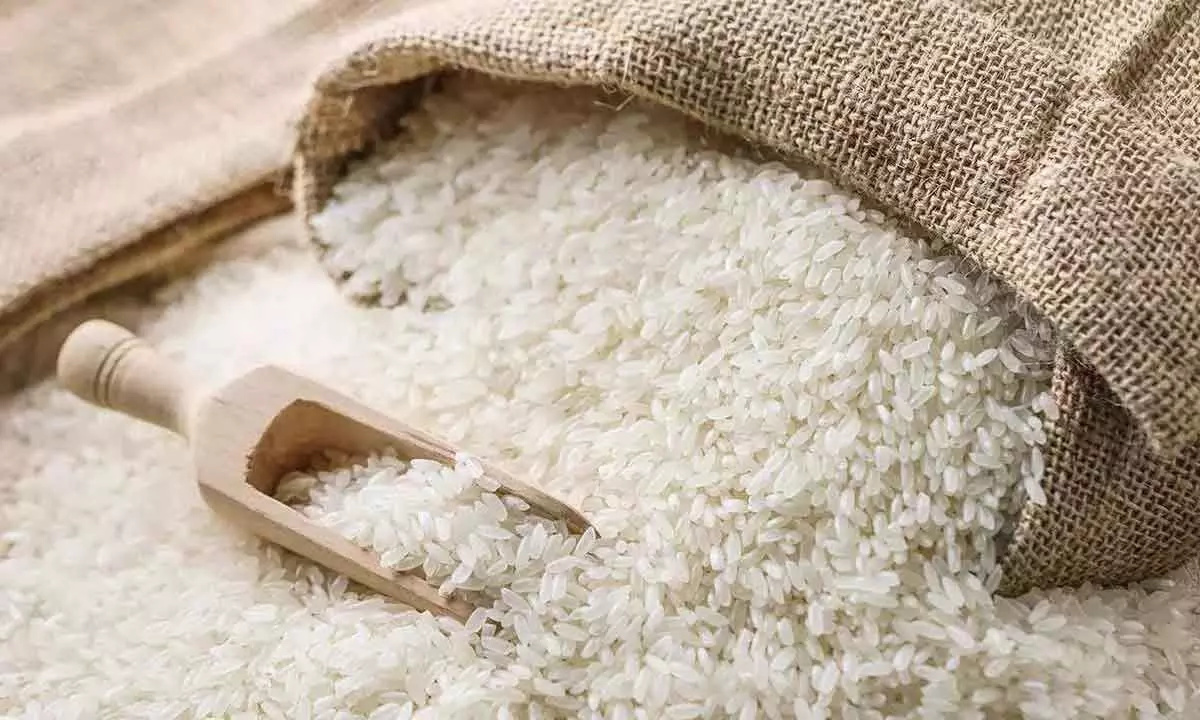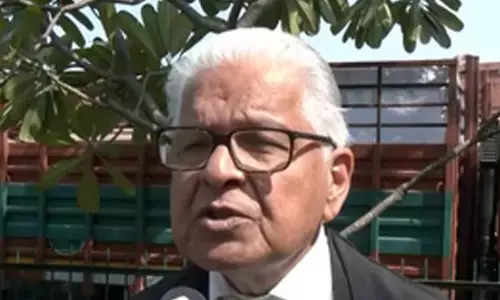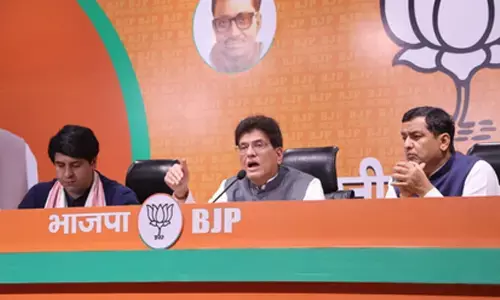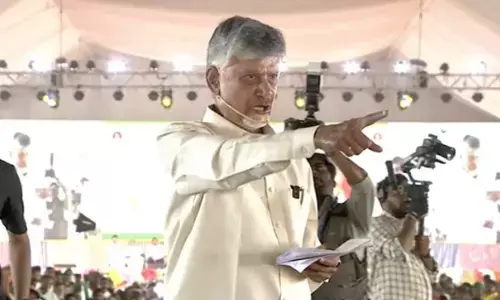Food for thought: Retain or lift food export curbs

This is something the Central and the State governments must pay heed to; it not only impinges on economy of the nation but also impact lives. All the six members of the Reserve Bank of India’s (RBI’s) monetary policy committee (MPC) are duly worried over food inflation as headline inflation approaches its target of 4 per cent. Even as it maintained status quo on the Repo, the interest rate at which it lends to banks, at 6.5 per cent, the RBI drew government attention to retail inflation which had risen to 5.5%, a three-month high — all due to higher food prices that comprise about 39% of retail inflation.
Intending its move to be disinflationary, RBI left the Repo rate unchanged for the fifth consecutive time. Food inflation grew to 8.7 per cent in November, up from 6.61 per cent in October - as against the tolerance range of 6 per cent. Reports say it is on elevation in December as well.
Though, it is quite better off from July 2023 when it spiked to 11.51%, it shows no signs of receding. RBI Governor feels price impulses need to be monitored as they can derail the ongoing process of disinflation and put spoke in the wheels of India’s economic growth which is hoped to rule over 7 per cent this fiscal, too.
On the overall growth front, as RBI Governor Shaktikanta Das said, India’s economy is exhibiting resilience in view of robust and higher movement of investments and, very importantly, government consumption. Protracted geopolitical turmoils such Russia-Ukraine war, Israel-Hamas war, threat of growing Middle East tensions – which are causing supply disruptions – volatility in financial markets etc., remain risks to the growth outlook.
On the domestic front, the consumers appear to be wary of prices and it may discourage overall spending by them. GDP data shows output gap on the food supply front, indicating chances of its getting amplified; supply shocks could be in store to stoke food inflation. Thus, it becomes pertinent to keep a watch over any expected rise in food inflation over the next couple of months. The government has put in place export curbs on commodities such as wheat, non-basmati rice, and sugar, which may continue into 2024. This is despite growing demand for India’s commodities, in view of lower prices and ample stockpiles, particularly from drought-prone African countries. General elections in next year will come to aid of policymakers, as the Modi government would not want food prices to reign high. Centre also has announced extension of free food programme for the poor for another five years.
El Nino conditions may threaten to play spoilsport for Indian economy. National Oceanic and Atmospheric Administration in the US has predicted the Northern Hemisphere, which covers India, may experience a “strong” El Nino from March-May 2024, with a likelihood of turning “historically strong” (Super El Nino). Output may suffer due to unusual and extreme rainfalls or dry spells. Even as it is bracing for food supply shocks in the short term, India may face global pressures to ease bans on rice and wheat as Thailand, world’s second largest rice exporter, warned of output fall and the Philippines is experiencing a 14-year high food inflation.
The US rice industry has observed that India’s export ban is unnecessary. At a time when India is seeking to raise its clout in Global South, particularly Africa, with China hot on its heels, it is being constrained to retain food export bans in 2024 as well. The situation gives the Modi government enough food for thought.








